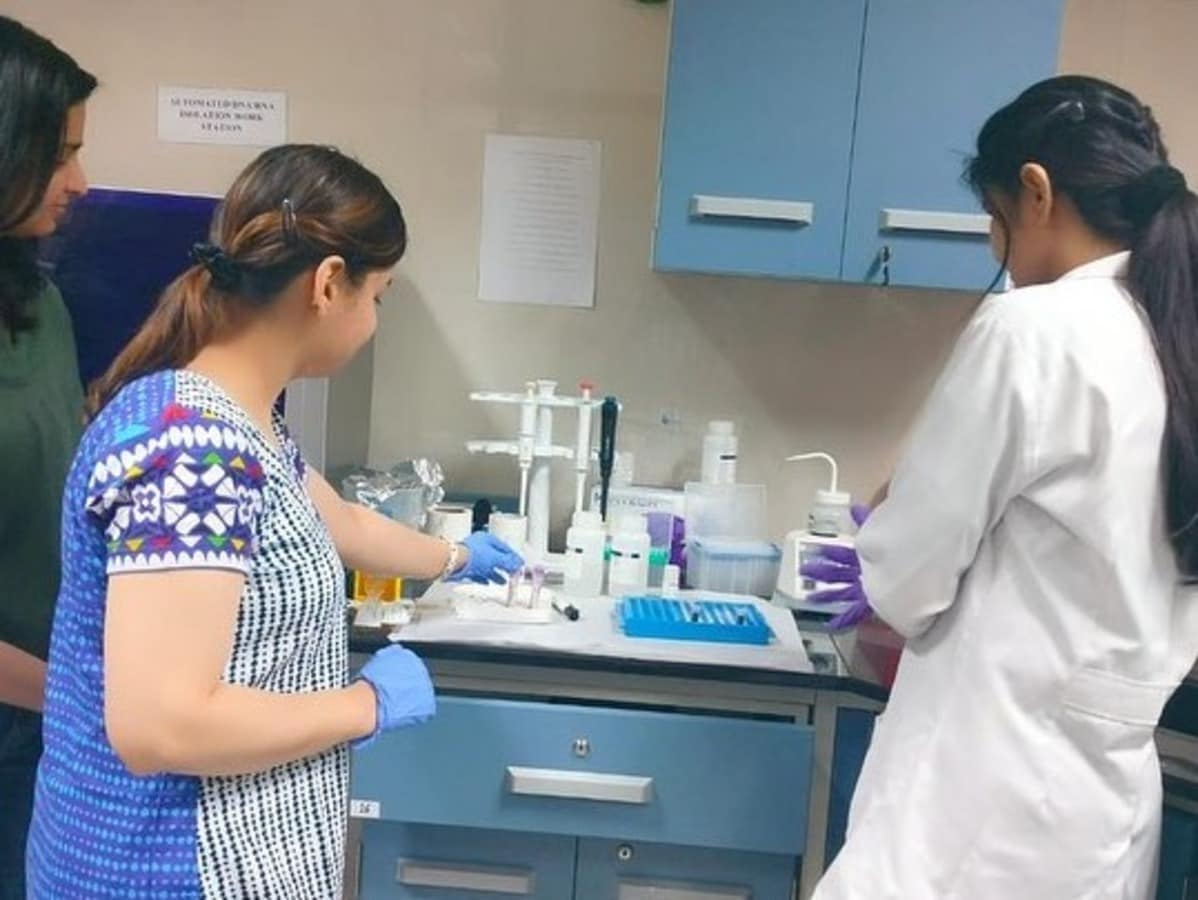The Harvard Medical School offers a prestigious Doctor of Medicine (MD) program that attracts ambitious students from around the world. This highly competitive four-year course is designed for those who have completed their undergraduate degrees and are looking to carve a path in the medical profession. Unlike many other medical schools, applicants to Harvard must take the Medical College Admission Test (MCAT) instead of the National Eligibility cum Entrance Test (NEET) commonly used in India.
Overview of the MD Program at Harvard Medical School
Harvard’s MD program is renowned for its rigorous curriculum, exceptional faculty, and extensive research opportunities. This program not only focuses on medical training but also promotes the development of leadership skills, critical thinking, and a strong ethical grounding in future physicians.
Program Structure
| Year | Focus Areas |
|---|---|
| Year 1 | Basic Sciences (Anatomy, Physiology, Biochemistry) |
| Year 2 | Clinical Skills and Pathology |
| Year 3 | Clinical Rotations in Various Specialties |
| Year 4 | Advanced Clinical Training and Electives |
Admissions Process
The admissions process for Harvard’s MD program is extremely selective, with thousands of applicants vying for limited spots. Applicants must demonstrate academic excellence, strong MCAT scores, and significant extracurricular involvement, often focusing on community service or research initiatives. Additionally, personal statements, letters of recommendation, and interviews play a crucial role in the selection process.
MCAT vs. NEET
For aspiring medical students from India, understanding the difference between the MCAT and NEET is essential. The MCAT is a standardized examination that assesses problem-solving, critical thinking, and scientific reasoning skills, necessary for success in the medical field. In contrast, NEET primarily evaluates knowledge in biology, chemistry, and physics, making MCAT a more holistic assessment of a candidate’s potential.
Career Opportunities After Completing the MD Program
Graduating from Harvard Medical School opens various career paths in medicine, research, and public health. Alumni often pursue residencies in top hospitals around the world, engage in clinical research, or take on roles in healthcare policy and leadership. The network of Harvard graduates is extensive, providing valuable connections in the medical field.
Global Recognition and Impact
Graduates from Harvard Medical School are not only recognized for their knowledge and skills but also for their innovative contributions to medicine. Many alumni have gone on to become leaders in their fields, contributing to groundbreaking research and advancements in patient care. The school’s emphasis on global health issues further prepares students to address healthcare challenges on an international scale.
Conclusion
Overall, the Doctor of Medicine program at Harvard Medical School is a premier choice for students passionate about making a significant impact in the field of medicine. With a robust curriculum, a commitment to research, and an environment that fosters critical thinking and ethical development, Harvard graduates are well-equipped to lead and innovate in healthcare. For those considering a medical career, understanding the distinct admission requirements and preparing accordingly can enhance their chances of joining this prestigious institution.

